Revolutionizing Clean Air: How Industrial Air Scrubber Systems Enhance Workplace Safety and Efficiency
As industries strive for higher standards of safety and efficiency, the implementation of advanced technologies has become crucial in achieving these goals. One such innovation is the industrial air scrubber system, which plays a vital role in maintaining clean air in the workplace. According to a report by the Environmental Protection Agency (EPA), poor indoor air quality can lead to a plethora of health issues, costing U.S. businesses over $100 billion annually in lost productivity and healthcare expenses. The use of industrial air scrubber systems can significantly reduce airborne contaminants, minimizing health risks and enhancing overall employee well-being. Moreover, a study by the National Institute for Occupational Safety and Health (NIOSH) suggests that effective air purification can boost workplace efficiency by up to 25%, showcasing the dual benefits of safety and productivity that these systems provide. By revolutionizing air quality management, industrial air scrubber systems are transforming workplaces into healthier, more productive environments, ultimately driving business success.
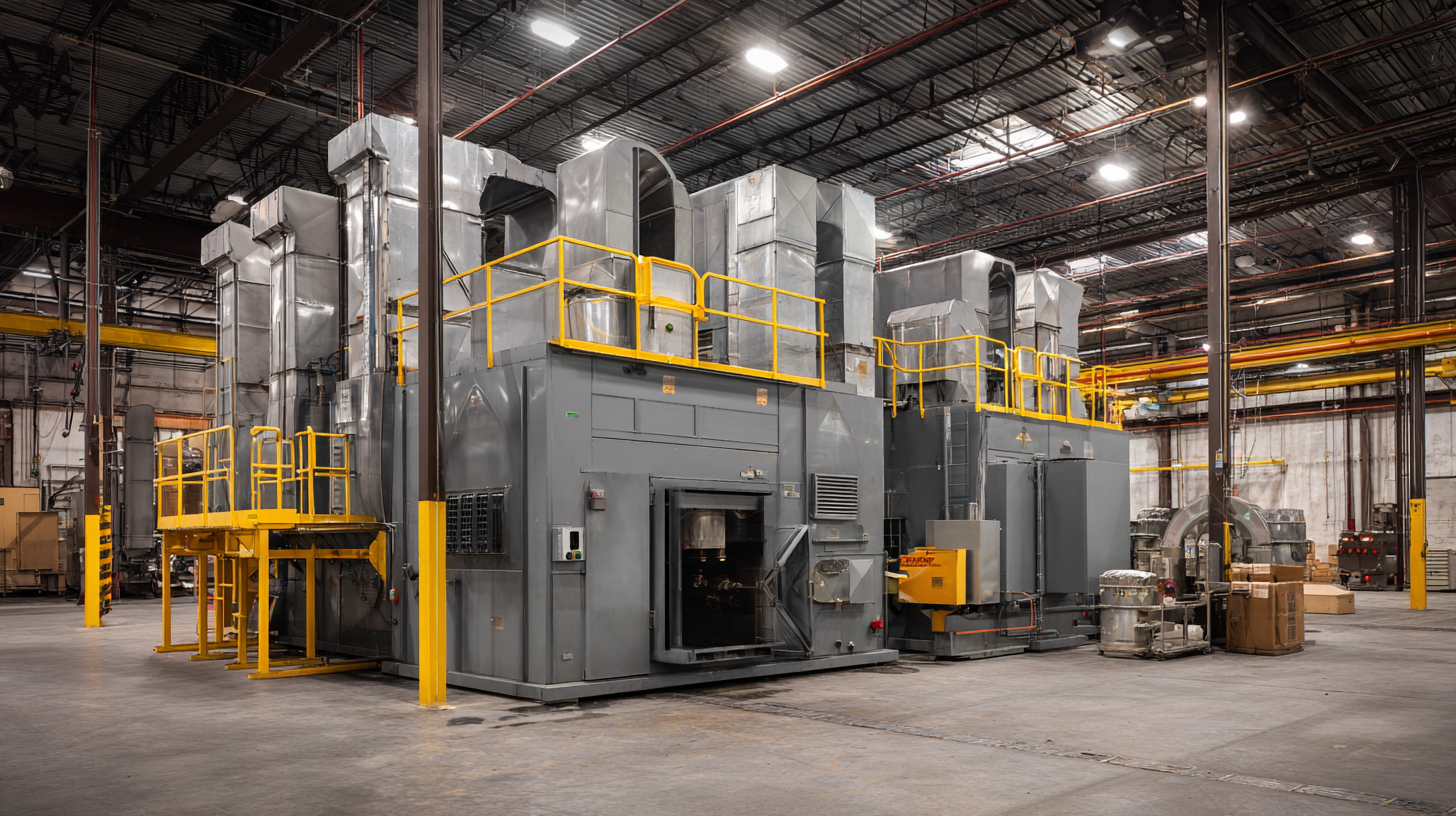
Understanding Industrial Air Scrubber Technology: A Key to Clean Air
Industrial air scrubber technology plays a pivotal role in maintaining clean air within various workspaces, particularly in manufacturing and industrial settings. These systems are designed to remove particulates, harmful gases, and volatile organic compounds (VOCs) from the air, greatly enhancing workplace safety. According to a study by the Environmental Protection Agency (EPA), indoor air pollution can be up to five times worse than outdoor levels, making the implementation of effective air purification systems essential. By incorporating advanced filtration and scrubbing technologies, these systems not only improve air quality but also boost operational efficiency by reducing downtime caused by health-related issues among workers.
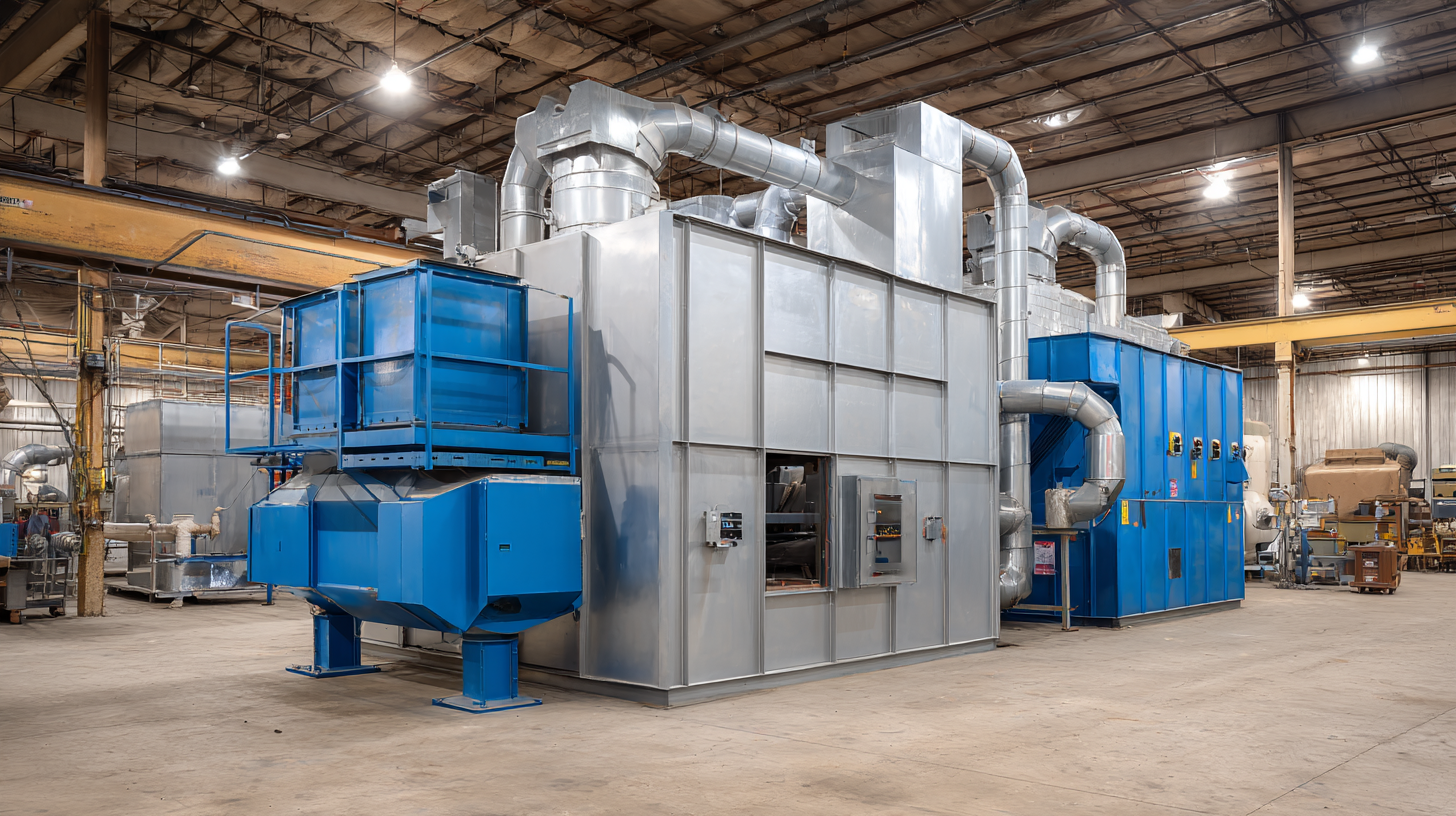
Tips for Implementing Air Scrubber Systems:
- Regular maintenance is crucial. Schedule routine checks to ensure that filters and scrubbers are functioning optimally.
- Consider the specific needs of your workspace. Different environments may require tailored air filtration solutions to address unique contaminants effectively.
- Invest in energy-efficient models. Recent reports indicate that energy-efficient air scrubbers can reduce utility costs by up to 30%, making them an environmentally friendly choice as well.
Overall, understanding and investing in industrial air scrubber technology is essential for organizations looking to enhance their workplace environment and comply with health and safety regulations.
Benefits of Enhanced Air Quality in the Workplace
Enhanced air quality in the workplace is critical for promoting employee health and productivity. Industrial air scrubber systems play a vital role in this transformation by effectively removing pollutants, allergens, and harmful particles from the air. This leads to a safer working environment where employees can focus better and experience fewer health issues related to poor air quality.
Implementing air scrubbers not only mitigates risks associated with respiratory problems but also enhances overall efficiency. When workers breathe clean air, their cognitive functions and energy levels improve, contributing to higher performance rates. Companies that invest in these systems often see a decrease in absenteeism and an increase in employee satisfaction, resulting in a more engaged workforce.
Tips for maintaining excellent air quality include regularly checking air scrubber filters and ensuring that the system is up to code. Additionally, incorporating indoor plants can naturally improve air quality and provide a calming atmosphere. Lastly, scheduling routine air quality assessments can help identify issues before they escalate, ensuring that the workplace remains a safe and healthy environment for all.
Benefits of Enhanced Air Quality in the Workplace
Choosing the Right Air Scrubber for Your Industrial Needs
When selecting the right air scrubber for industrial applications, several factors must be carefully considered to ensure optimal performance and safety. Firstly, it's crucial to assess the type of contaminants present in the workplace, such as volatile organic compounds (VOCs), dust, or biological pollutants. Each type of air scrubber is designed to tackle specific challenges, so understanding the air quality needs of your facility will guide you in choosing the most suitable system.
Another important aspect is the air volume and airflow rate that the scrubber can handle. Industries often have varying demands based on the size of the operation and the number of workers. A system that can efficiently circulate and purify the required volume of air will contribute greatly to maintaining a safe working environment. Additionally, evaluating the maintenance requirements and energy efficiency of potential scrubbers can lead to long-term cost savings and better sustainability practices.
By focusing on these critical elements, businesses can enhance workplace safety and operational efficiency through the effective use of air scrubber technology.
Maintenance Tips for Optimal Air Scrubber Performance
Regular maintenance of industrial air scrubber systems is crucial in ensuring optimal performance and air quality in the workplace. To achieve this, it is important to establish a routine inspection schedule. Checking filters frequently is essential, as clogged filters can significantly hinder airflow and reduce the scrubber's efficiency. Depending on the system and the volume of contaminants in the environment, filters should be replaced or cleaned every few weeks to prevent buildup.
In addition to filter maintenance, the scrubber's internal components such as fans and pumps should be routinely examined for wear and tear. Lubricating moving parts can help in reducing friction and prolonging the life of the equipment. Moreover, ensuring that the scrubber casing is free from dust and debris allows for optimal airflow and performance. Keeping the system clean not only enhances efficiency but also minimizes the risk of potential breakdowns, thereby contributing to a safer and more productive work environment.
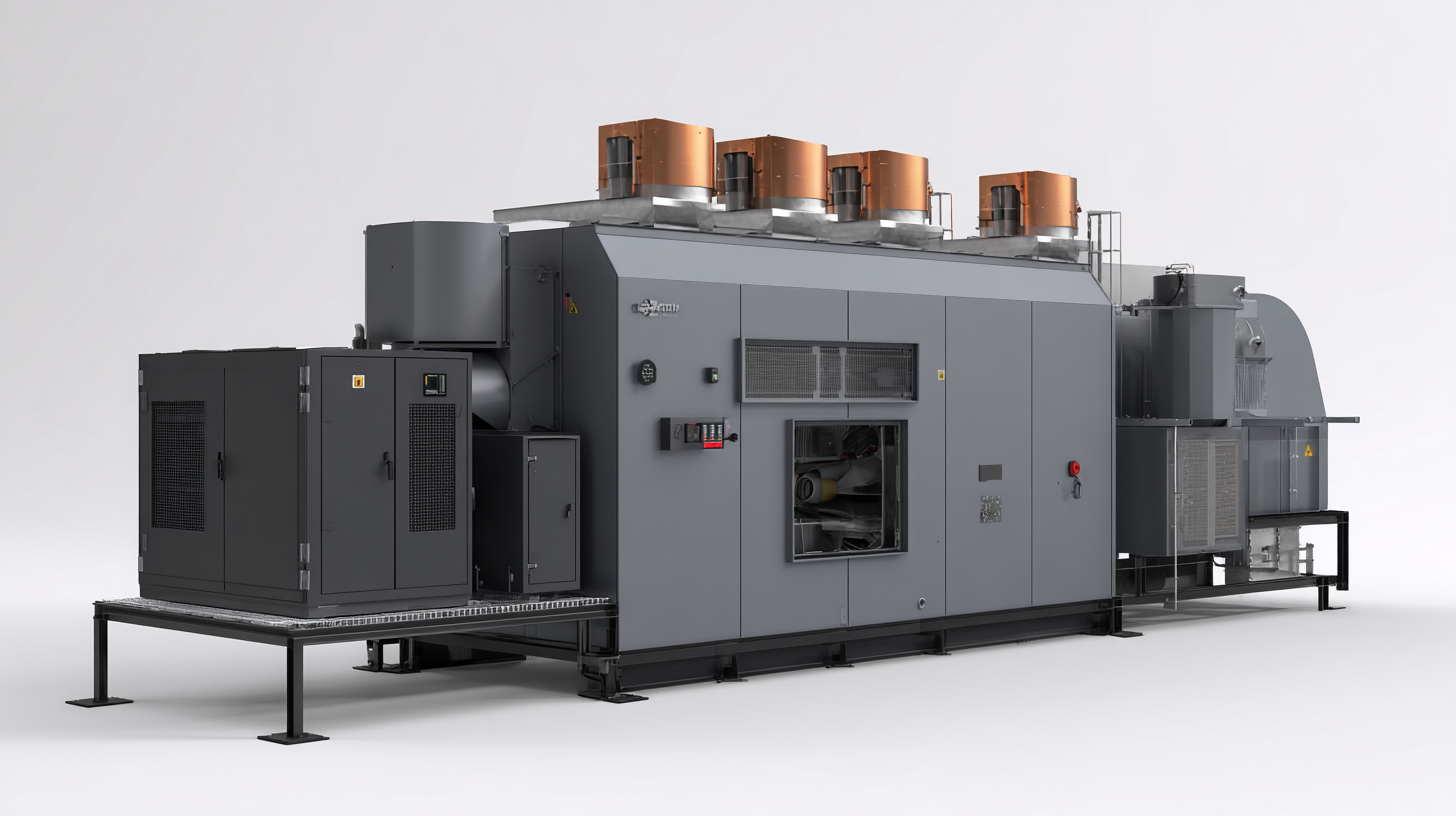
Real-World Success Stories: Companies Transforming Indoor Air Quality
In today's industrial landscape, enhancing indoor air quality has become crucial for workplace safety and efficiency. Companies are increasingly turning to advanced air scrubber systems to combat the negative effects of airborne pollutants. One such success story comes from a manufacturing firm that implemented an industrial air scrubber, resulting in a significant reduction in respiratory health issues among employees. By monitoring air quality before and after the installation, the company reported a 40% decrease in VOC levels, demonstrating the scrubber's effectiveness in creating a healthier work environment.
Another example is a logistics company that faced challenges due to dust and particulate matter in their warehouses. After adopting air scrubber technology, they not only improved air quality but also enhanced overall operational efficiency. Employees reported fewer sick days, and productivity rose by 25%, showcasing the direct correlation between clean air and job performance.
**Tips**: To maximize the benefits of air scrubbers in your workplace, conduct regular air quality assessments to identify specific pollutants. Additionally, ensure that your air scrubber systems are properly maintained and upgraded as needed to stay ahead of any airborne challenges. Educating employees about the importance of indoor air quality can also foster a culture of safety and health within your organization.
Related Posts
-

Innovative Examples of Ultra Pure Water Purification Systems Transforming Industrial Standards
-

Exploring Alternatives to Best Microfiltration Membrane Technology for Enhanced Water Purification
-

Emerging Trends in Molded Pulp Solutions at the 138th Canton Fair 2025
-
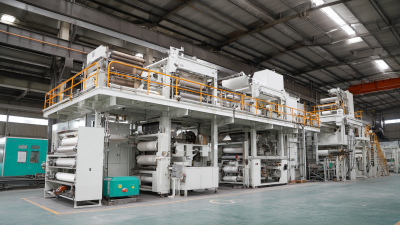
Ultimate Guide to Choosing the Right Bagasse Plate Making Machine for Your Business
-

Understanding the Evolution of Pulp Molding Machines: A Deep Dive into Their Types and Applications
-
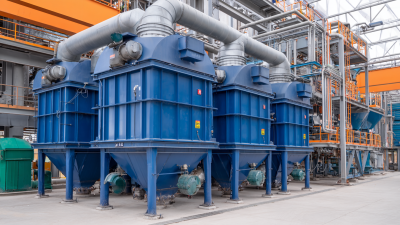
7 Reasons Why Bag Filter Systems are Essential for Reducing Industrial Emissions